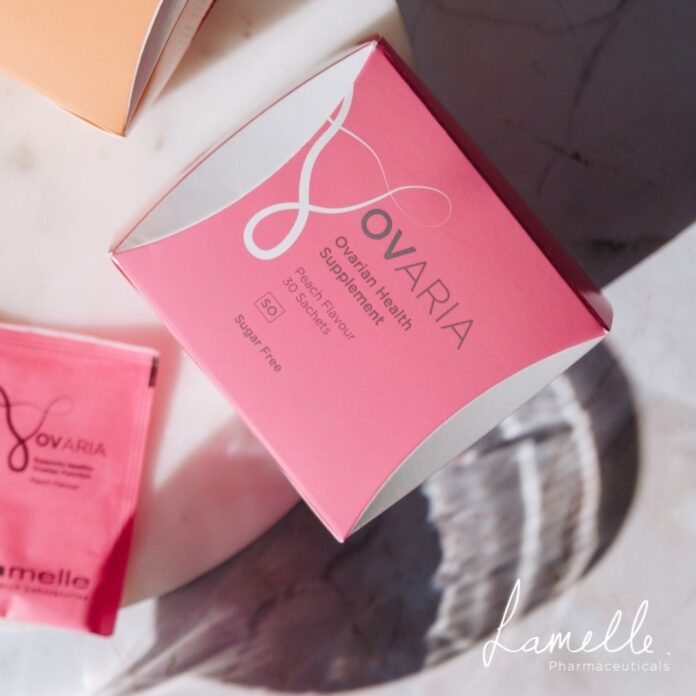That overwhelming frustration and anger that feels like it comes out of nowhere, but could probably be related to the inexplicable seven kilograms of weight you’ve just picked up this past year; a menstrual cycle with a mind of its own… also, what is up with these nipple hairs?
If this sounds like a page out of your diary, it’s likely that you’re one of the 8-13% of women who suffer from a common but under-diagnosed condition called Polycystic Ovary Syndrome (PCOS).
Yet, as common as PCOS is, and as severe as its symptoms are known to be, PCOS typically goes undiagnosed for months and in most cases for years. “Many women and sometimes even their healthcare providers shrug off the symptoms associated with PCOS as a natural part of being a woman. Sadly, this all too often leads to delayed diagnoses,” says Dr Bradley Wagemaker, Medical Director at Lamelle Pharmaceuticals.
“While strides are being made in the medical industry and through PCOS Awareness Month in September, to improve the number of women being correctly diagnosed and treated at an early stage, women need to educate themselves on the signs to look out for,” he says.
PCOS is an endocrine (hormonal) condition that affects both girls and women but is often only diagnosable in women of reproductive age. Some of its signs include heavy, irregular or even absent periods, excess facial and body hair, oily skin and acne, and small cysts on the ovaries. Women with PCOS may also be more susceptible to insulin resistance, weight gain, psychosocial disorders, endometrial cancer, and other serious and life-threatening conditions.
PCOS also often leads to infertility in women; with the hormonal imbalance brought about by PCOS, the ovaries are unable to grow and release eggs, stunting the ovulation stage in a women’s cycle – that all-important time for baby-making.
“It’s sadly very common for women to suffer in silence, thinking that the uncomfortable, inconvenient and even traumatic symptoms of PCOS are nothing more than a normal part of being a woman, or a burden for them to deal with on their own,” says Dr Wagemaker. “Instead, the message we should be sending to all women is that PCOS is manageable, and that you may not have to forgo your weight loss goals or your dream of starting a family.”
Maintaining a healthy diet with limited sugar and carbohydrates is a good starting point, as is regular exercise. There are also supplements available to help alleviate the symptoms of PCOS. Ovaria, for instance, is a nutritional supplement that helps regulate insulin activity in the body.
In this process, the cells in a woman’s body are better able to use the glucose stores available, helping to regulate blood insulin levels, the ripple effect of which is normalised androgen levels and improved PCOS symptoms (bye bye, weight gain, so long, nipple hairs). This also improves fertility for women who are trying to fall pregnant.
“Ovaria has been proven to help with PCOS symptoms. This is due in great part to its main ingredient, Myo-Inositol, the efficacy of which is backed by clinical research,” adds Dr Wagemaker. “It’s also safe for breastfeeding mums.
While there’s still a long way to go in ensuring more women can get the PCOS diagnosis and effective treatment they deserve, women who are armed with the right information have more control over their own PCOS journeys – and that’s half the battle, won.

